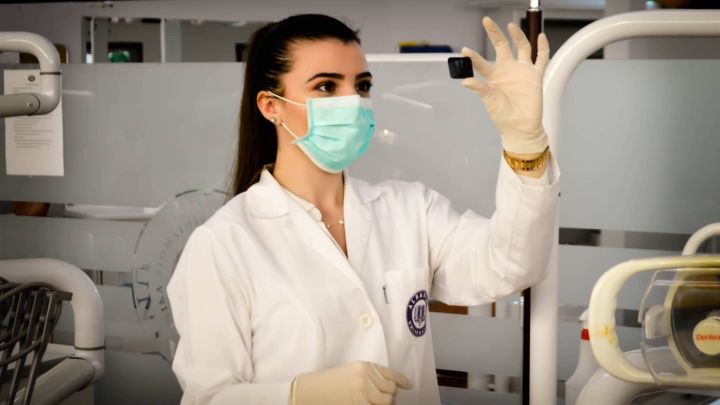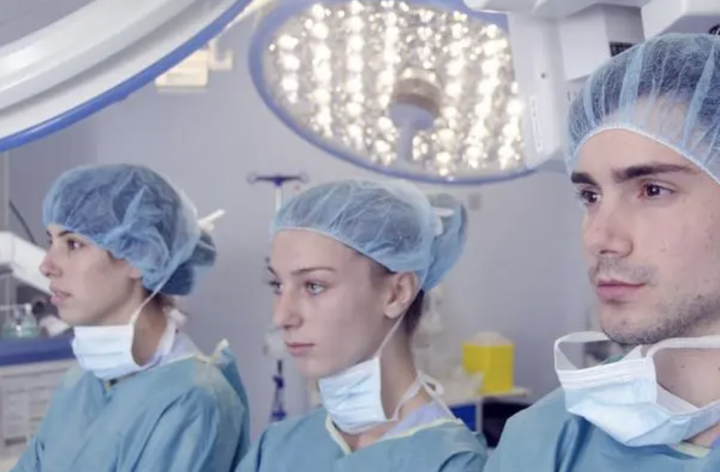Medical
New Treatment For Melanoma Approved! 61.3% Efficacy Rate!
The European Union has approved the marketing of the new treatment Opdualag for the treatment of melanoma patients. New data demonstrates that the treatment resulted in the complete disappearance of tumours in 16.3% of patients, a significant reduction in tumours in 26.8% and stable disease without further progression in 18.2% of patients, giving an efficiency rate of 61.3%.

Recently, the European Commission approved the marketing of Opdualag, a fixed-dose combination of Relatlimab + Nivolumab, as first-line treatment for patients aged 12 years and older with advanced or metastatic melanoma whose tumour cell PD-L1 expression is less than 1%.
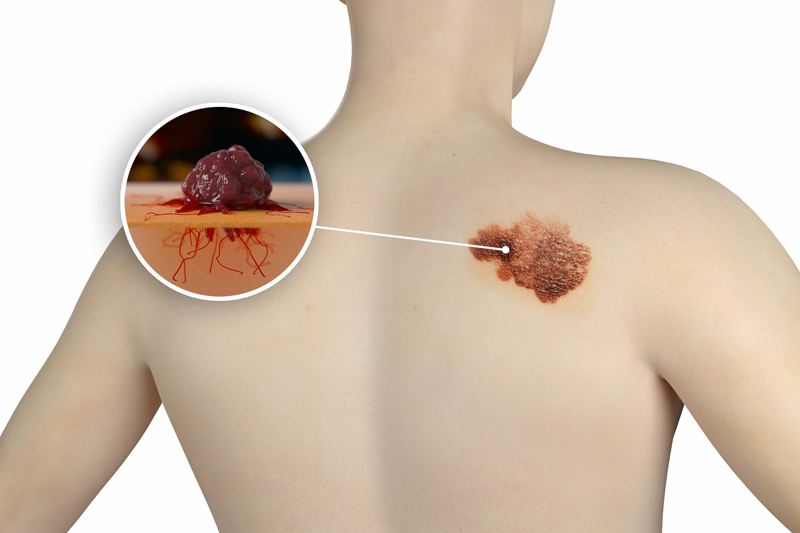
Basis for approval
This approval is based on data from the Phase II/III RELATIVITY-047 trial. In this trial, the average length of time without further disease exacerbation after treatment was 6.7 months in patients treated with Opdualag compared to 3.0 months in the Nivolumab monotherapy arm.
A total of 714 patients with previously untreated, unresectable or metastatic melanoma with an ECOG physical status score of 0 or 1 were included in the RELAVITY-047 trial.
Subjects were randomised in a 1:1 ratio into two groups, one treated with Nivolumab in combination with Relatlimab and the other treated with Nivolumab monotherapy. Patients were classified according to LAG-3 expression on immune cells in the tumour microenvironment, PD-L1 expression on tumour cells, BRAF mutation status and AJCC v8 metastatic stage.
The US FDA approved Relatlimab+Nivolumab for the treatment of adult and pediatric patients aged 12 years and older with unresectable or metastatic melanoma back in March 2022. The approval was based on earlier data from RELATIVITY-047, which at the time showed a mean length of time without further disease exacerbation of 10.1 months in the combination treatment arm and 4.6 months in the monotherapy arm.
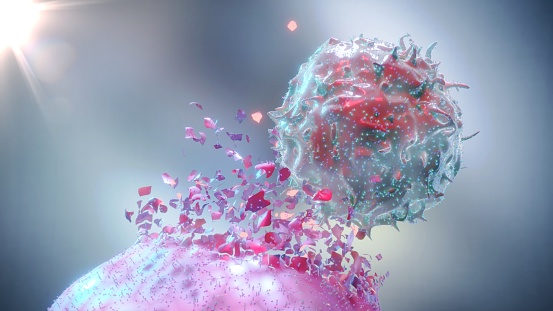
The updated results showed that at a median follow-up of 19.3 months, the mean length of time without further disease exacerbation was 10.22 months in the Relatlimab+Nivolumab group and 4.63 months in the Nivolumab monotherapy group. 38.5% of patients in the Relatlimab+Nivolumab group had no disease progression at 24 months, compared to 38.5% in the Nivolumab monotherapy group. The proportion of patients in the Nivolumab monotherapy group with no disease progression at 24 months was 29.0%.
Significant tumour shrinkage or disappearance occurred in 43.1% of patients in the Relatlimab+Nivolumab group compared to 32.6% of patients in the monotherapy group.
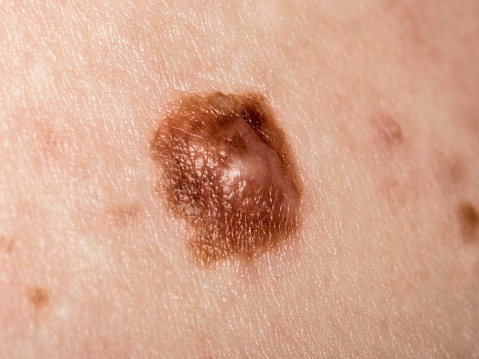
Of the subjects treated with Relatlimab + Nivolumab, 16.3% had complete tumour disappearance, 26.8% had substantial tumour reduction and a further 18.2% had stable disease without further progression, resulting in an efficacy rate of 61.3%.
In terms of safety, common adverse reactions to Relatlimab + Nivolumab treatment included fatigue, musculoskeletal pain, rash, diarrhoea, pruritus and headache.
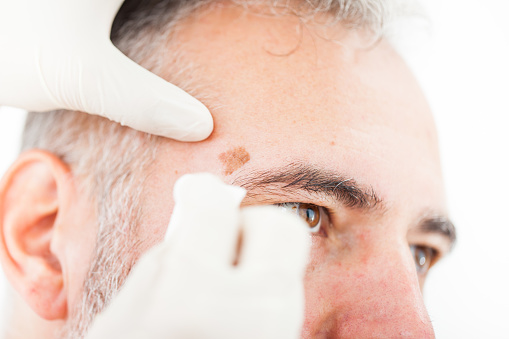
"Opdualag is the first LAG-3 blocking antibody combination therapy currently approved in the EU for the treatment of advanced melanoma," said the drug company head, "The RELATIVITY-047 study demonstrates the important benefits of this novel immunotherapy combination for the simultaneous inhibition of LAG-3 and PD -L1 with important benefits."
-
![]()
![]() MedicalJul 25, 2025
MedicalJul 25, 2025New Treatment For Uroepithelial Carcinoma Receives Fda Fast Track Designation With Encouraging Initial Results
-
![]()
![]() MedicalJul 24, 2025
MedicalJul 24, 2025Integrative Oncology: Acupuncture And Acupressure May Relieve Surgical Pain And Anxiety In Cancer Patients
-
![]()
![]() MedicalJul 23, 2025
MedicalJul 23, 2025New Targeted Radiotherapy For "Laser-Like" Precision Treatment Of Refractory Prostate Cancer With Fewer Side Effects!
-
![]()
![]() MedicalJul 22, 2025
MedicalJul 22, 2025Why Is Astrazeneca Willing To Spend a Whopping $12.1 Billion?
-
![]()
![]() MedicalJul 21, 2025
MedicalJul 21, 2025New Developments In Gastric Cancer Research: Keytruda In Combination With Chemotherapy Significantly Improves Survival In Patients With Advanced Disease!
